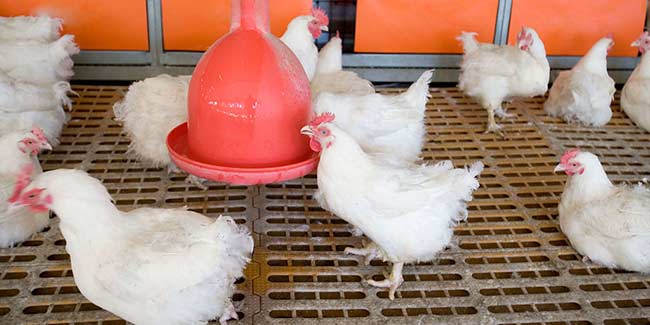
Few days back after India declared itself free of H5N1 aka Avian influenza, closure of Delhi zoo and Deer Park following the deaths of water birds hit the panic button. What is avian influenza and what makes it so deadly? Do we really have to quit eating chicken? Let’s know more about Avian influenza, H5N1.
Table of Content:-

What is Avian Influenza?
Widely known as bird flu, Avian influenza is an infectious viral disease caused in birds, mostly the wild fowls like water ducks, geese and wild cocks.
H5n1 is highly infective virus and is fatal to mostly birds. Commonly wild ducks are the primary and natural bearers of the bird flu virus but it is also being suspected that it can transmit from wild fowls to domestic poultry.
Birds to human transmission
The disease actually does sometimes spread from bird to humans but usually it spreads from bird to bird. People can catch bird flu by close contact with infected birds or droppings of infected birds. Evidently, people have caught the virus by cleaning birds or their droppings. Now, some people say that a person can get infected by eating chicken or eggs, which is not correct. A person can get H5N1 by eating a cooked bird but only an infected bird or by eating eggs from an infected bird.
Human to human transmission
Person to person transmission is not that simple only close contact between two people can spread the disease. Casual contacts such as shaking hands or hugging does not seem to be transmit the virus. However, if the disease somehow manages to spread from human to human, it could be fatal.
What are the symptoms of the disease?
The symptoms of H5N1 infection are quite identical to any other seasonal flu, making it difficult to diagnose it. Some of the most common symptoms are as follows:
Know how you can prevent influenza in winters.
- Fever with temperature above 38°C
- Sore throat
- Body ache
- Runny nose
- Fatigue
- Headache
- Diarrhea
- Bleeding from nose and gums
- Vomiting
- Pain in abdominal area
- Pain in chest
What are the symptoms of influenza?
However the symptoms can aggravate and can even lead to respiratory troubles. In some rare cases, the flu has infected the brain and digestive tract and has also killed the sufferers.
Prevention or treatment
The primary prevention action should be controlling the disease in animals in order to decrease the risk in humans.
Image: Getty
Read More articles in communicable diseases
How we keep this article up to date:
We work with experts and keep a close eye on the latest in health and wellness. Whenever there is a new research or helpful information, we update our articles with accurate and useful advice.
Current Version